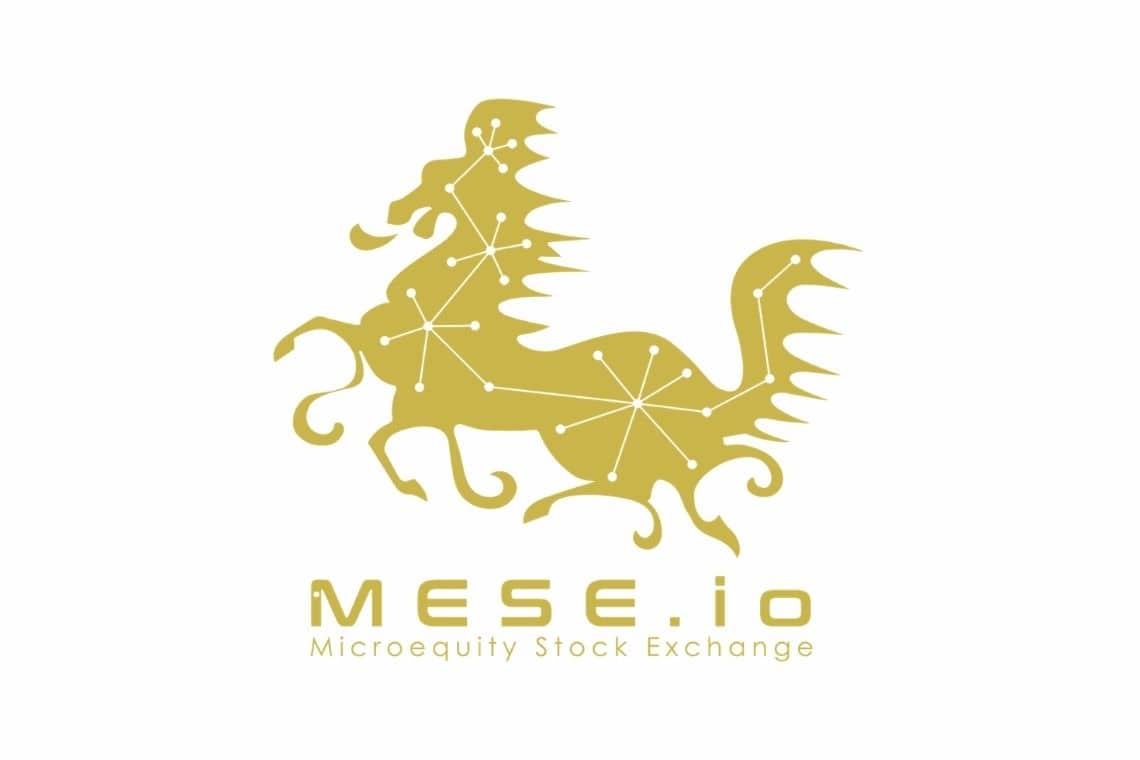The Algorand-based MESE.io exchange announced today the launch of the MESX token.
It is the first model of a hybrid token, combining both the tokenomics of a classic exchange token and a DeFi token, thanks to an ETF index that replicates the performance of MATTANG stocks (Microsoft, Apple, Tesla, Twitter, Amazon, Netflix and Google).
The features of the MESX token
The MESX token can be traded directly on MESE.io, and will be launched in 10,000,000 units, corresponding to a value of $10,000 in MATTANG shares within the ETF index pool.
So initially each individual MESX token will represent 1 part out of 10,000,000 shares in the pool, worth $0.001 per token.
MESX has been designed to be a sustainable DeFi product, on a CeFi platform.
In fact, similar to DeFi liquidity incentive programs, MESX tokens held in staking on MESE.io will receive ongoing rewards based on 50% of all net transactional exchange revenues, which will be fed into the pool to constitute an additional supply of MESX for sustainable DeFi staking.
The 50% net revenue share will continue up to a maximum of 5 billion MESX tokens, representing approximately 11 million equity assets. Once the offer limit is reached, 5% of MESE.io’s net revenue will be used to buy shares for the pool indefinitely.
MESX will also be enabled as a governance token for its index-linked ETF fund once the maximum limit is reached. MESX tokens will be released to the market on a daily basis.
The Managing Director of IBMR.io, Sinjin David Jung, said:
“We are massive fans of the Uniswap model and we wanted to see if we could apply those innovations to a CeFi platform. The beautiful thing about DeFi is that growth and value come from the process of participation in revenue sharing, this is at the heart of the decentralized network model. But, sharing in revenue without actually creating revenue is problematic as many DeFi projects were solely dependent on secondary market speculative appreciation for a basis of value. The key to sharing revenue through the process of participation is in the mechanism of staking. In the case of a DEX AMM, the staking rewards are provided on the basis of providing liquidity to ensure trades can happen, but for our model, we have based staking rewards on our overall net transactional revenue on the exchange. Unlike the current exchange token model, we are not burning exchange tokens with profit, but are investing those net revenues into the underlying index ETF pool so that we can mint more supply resulting in more staking. We hope that this will be a sustainable DeFi model of value where MESX can also act as a long term microasset for emerging market participants”.
MESE.io anticipates that the introduction of innovative cryptocurrency and DeFi-based models in microfinance will act as a catalyst to contribute to the inclusion and financial growth of emerging markets.




